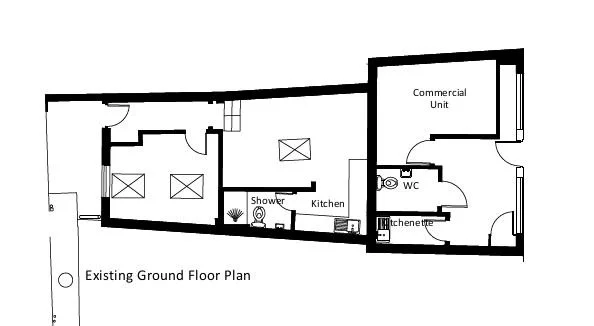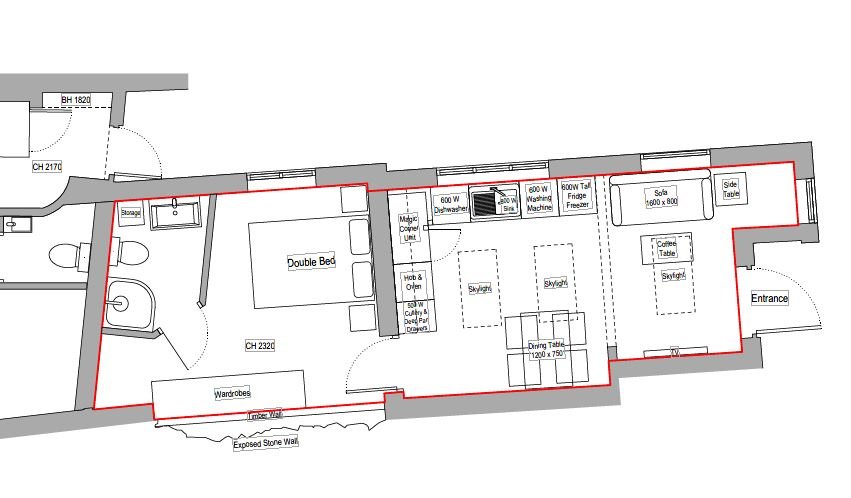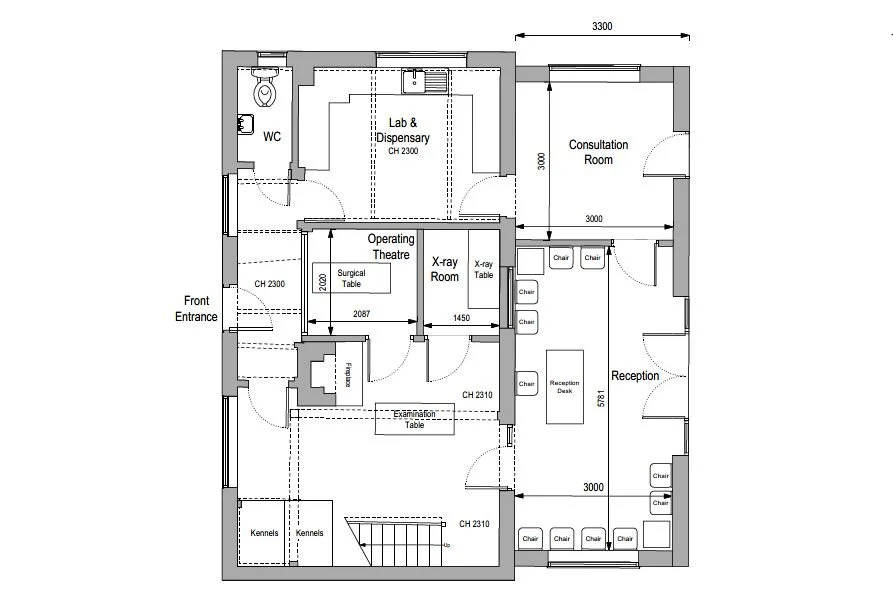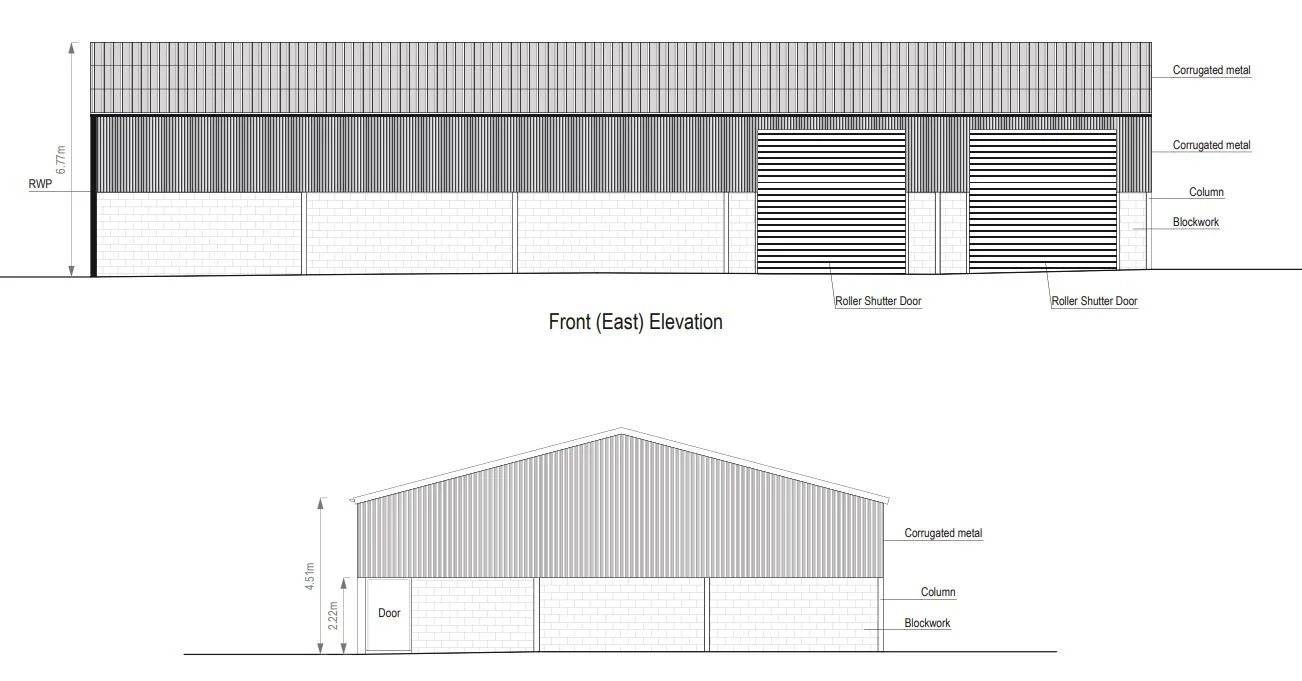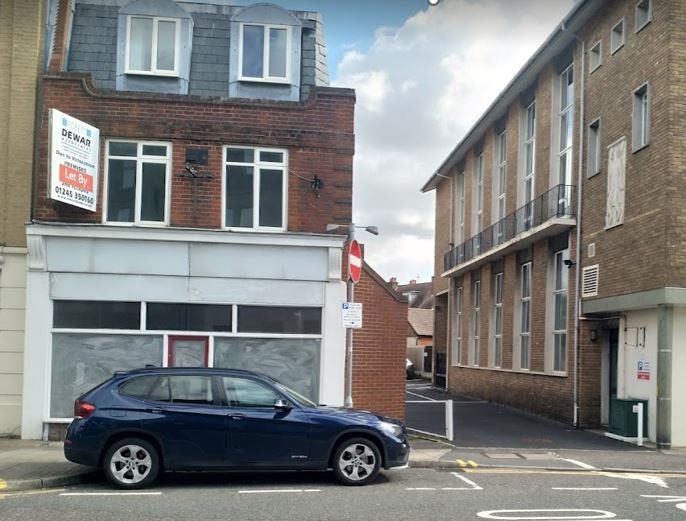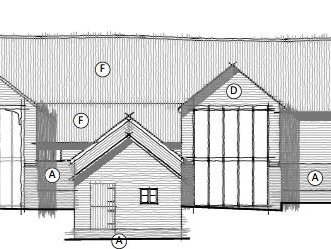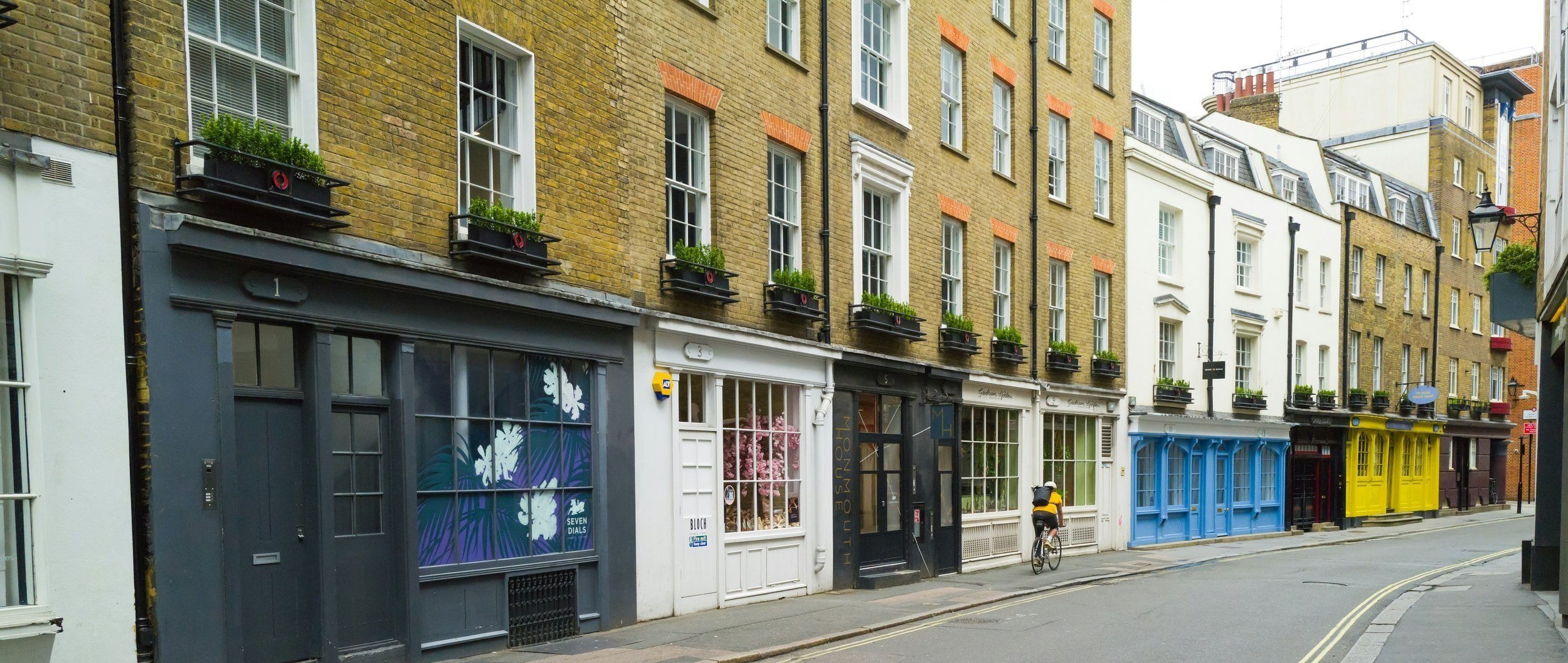
Change of Use Planning Consultants
Our planning consultants have a detailed understanding of change of use projects and how to navigate these through the planning process. We have worked on change of use projects throughout England.
As a general rule, planning permission is required for a material change of use of land.
These change of use project sometimes require a formal full planning application, or a Prior Approval application.
Prior Approval Planning Applications
Part 3 of The Town and Country Planning (General Permitted Development) (England) Order 2015 (as amended) (GPDO) allows the change of use of various planning uses to new uses, subject to certain criteria. Often a Prior Approval application is still required, but the process is more simplified.
Some of the key permitted development change of use allowances include:
Class G – Commercial, business and service or betting office or pay day loan shop to mixed use, incorporating residential uses
Class H – Mixed use to commercial, business and service or betting office or pay day loan shop
Class L – Small HMOs to dwellinghouses and vice versa
Class M – Various uses, such as, launderette, betting office, payday loan shop, hot food takeaway to dwellings
Class MA – Class E commercial, business and service uses to dwellings
Class N – Sui Generis casino or amusement arcade to dwellings
Class Q – Agricultural buildings to dwellings
Class R – Agricultural buildings to a flexible commercial use
Material Change of Use (MCU): What You Need to Know
What is a Material Change of Use?
A Material Change of Use (MCU) occurs when the primary use of a property or land changes significantly enough to alter its character or planning implications.
This concept is crucial in planning law, as it determines whether you need to obtain planning permission for changes you're making to your property or land.
Key Points to note:
Not every change is considered "material"
A Material Change of Use is determined on a case-by-case basis
A Material Change of Use is considered against the nature and impact of the change, not just the physical alterations
When is Planning Permission Required?
You generally need planning permission for an Material Change of Use when:
The change significantly alters the character of the property's use
The new use falls into a different Use Class (as defined by planning regulations)
The change intensifies the use to a degree that impacts the surrounding area
The new use triggers specific planning considerations (e.g., increased traffic, noise)
Examples of a Material Change of Use that typically require planning permission include:
Converting a residential house into a shop or office
Changing an industrial unit into a gym
Turning agricultural land into a campsite
Expanding a small home business to the point where it changes the residential character of the property
When Planning Permission Might Not Be Required:
Changes within the same Use Class (with some exceptions)
Minor or "de minimis" changes that don't significantly alter the property's use
Certain changes covered by Permitted Development Rights
Factors Considered in Determining MCU:
Scale and intensity of the new use
Impact on the local area (traffic, noise, visual changes)
Hours of operation
Number of people using the property
Changes to the physical structure of the building
Remember: It's always better to check before making changes. Proceeding without necessary permissions can lead to enforcement action and potential legal issues.
Our Recent Change of Use Projects
Contact Our Planning Consultants
Please contact our planning consultants using the form below, or email mail@adpltd.co.uk, if you would like to discuss your change of use project.

